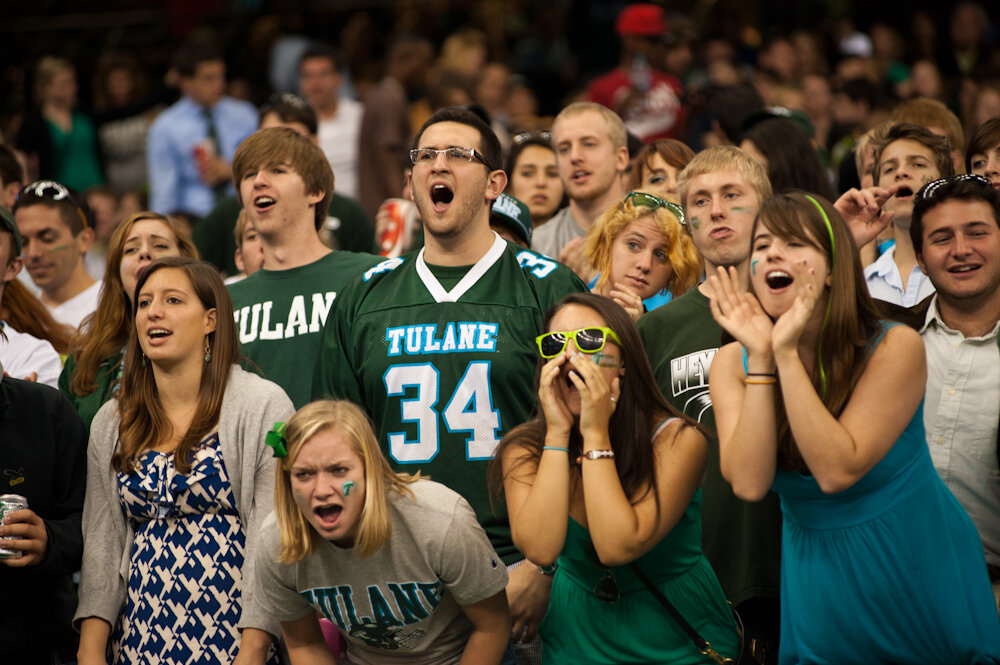6 January 2021
The term homecoming has been around for centuries, but in North America at the turn of the twentieth century, it acquired two new, more specific meanings.
The meaning of homecoming was originally quite literal, referring to a return to one’s home after a time spent away. This sense of the word dates back to the late fourteenth century. It appears in Chaucer’s The Knight’s Tale, c. 1385:
And certes, if it nere to long to heere,
I wolde have toold yow fully the manere
How wonnen was the regne of Femenye
By Theseus and by his chivalrye;
And of the grete bataille for the nones
Bitwixen Atthenes and Amazones;
And how asseged was Ypolita,
The faire, hardy queene of Scithia;
And of the feste that was at hir weddynge,
And of the tempest at hir hoom-comynge;
But al that thyng I moot as now forbere.(And certainly, if it were not too long to hear,
I would have told you fully the manner
In which the reign of Femininity was won
By Theseus and his chivalry;
And of the great battle at that time
Between Athens and the Amazons;
And how Hippolyta was besieged,
The fair, valiant queen of Scythia;
And of the feast that was at their wedding,
And of the tempest at her homecoming;
But all that matter I must forgo.)
And for the next five hundred years, the word remained unchanged in meaning.
But toward the end of the nineteenth century, homecoming began to be used for a specific type of return, that of a sports team to its home playing field after a series of games on the road. It’s used this way in the Boston Evening Journal of 22 July 1890, recording a loss in baseball’s National League of the Buffalo Bisons to the New York Giants the day before:
The Bisons signalized their home coming to-day by dropping a game to the Giants which should have been theirs. The hitting of Conner was the feature.
A little more than a decade later, we see homecoming refer to an annual celebration in which alumni return to their university to watch sporting events, catch up with old friends, and hopefully donate money to the institution. In August 1902, an article in Outlook magazine extolling Princeton University makes mention of an alumni homecoming, but it seems to be using it in the general sense of a return, not in the sense of planned event:
The usual disillusionment of going back to an old haunt and finding it small or ugly, and the glamour gone, never happens at Princeton. It is one of the few places that has kept pace with our dreams. The good old face is always there, but, oh! the new garments and the gorgeous ornament with which she decks herself for our homecoming!
And just a month before, in July 1902, there is mention of a homecoming event, but it is for a Memphis, Tennessee medical association, not a university:
The honor of addressing this body as its presiding officer is one which I esteem most highly and acknowledge with rare pleasure. Residing in the city which is the home of the West Tennessee Medical and Surgical Association, I take great pride in adding to the words of welcome of Mr. T. H. Arnold on behalf of the other citizens, the cordial greeting of the physicians of Jackson to the Association collectively and individually, at its annual homecoming.
The next year, we see a specific reference to a university homecoming celebration, this time at Harvard. From the 24 June 1903 issue of the Boston Journal:
The second day of the annual homecoming of Harvard men ended last night with a score of class reunions at the hotels and clubs.
The three senses, that of a general return, a sports home stand after a time on the road, and a university alumni gathering all remain in use today.
Sources:
“Address.” Memphis Medical Monthly, 22.7, July 1902, 337. HathiTrust Digital Archive.
Bridges, Robert. “Princeton University: The Kind of Men Who Made It.” Outlook, 2 August 1902, 834. ProQuest.
“The Brotherhood.” Boston Evening Journal, 22 July 1890, 3. NewsBank: America’s Historical Newspapers.
Chaucer, Geoffrey. “The Knight’s Tale.” The Canterbury Tales, lines 1.875–85. Harvard’s Geoffrey Chaucer Website, 2020.
“Harvard Grads Renew Their College Days.” Boston Journal, 24 June 1903, 3. NewsBank: America’s Historical Newspapers.
Oxford English Dictionary, third edition, September 2011, s.v. homecoming, n.
Photo Credit: Albert Herring, Tulane University Public Relations, 22 October 2011, used under a Creative Commons Attribution 2.0 Generic license.

